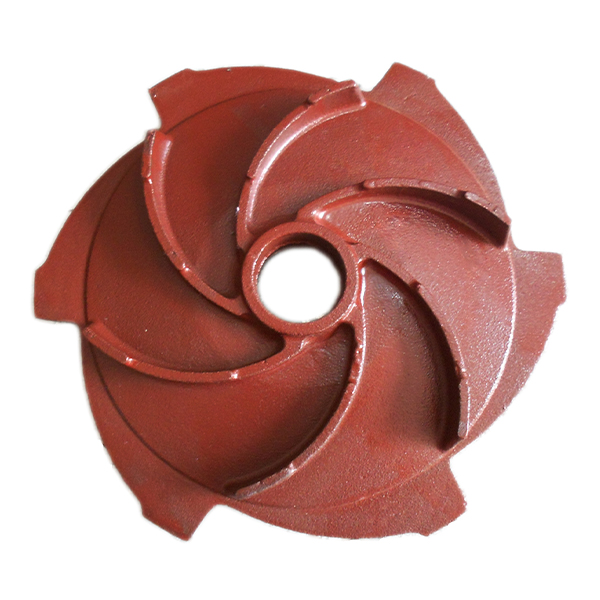Mobile:+86-311-808-126-83
Email:info@ydcastings.com
Aerospace Aluminum Castings – Precision Engineering for Aerospace Applications
Aerospace Aluminum Castings An Essential Component of Modern Aviation
Aerospace aluminum castings play a pivotal role in the aviation industry, offering a unique combination of lightweight strength, durability, and excellent corrosion resistance. As the demand for fuel-efficient and high-performance aircraft continues to rise, the importance of these castings becomes increasingly significant.
Aluminum castings are particularly advantageous due to their favorable strength-to-weight ratio. Aircraft must maintain a delicate balance between structural integrity and weight. By using aluminum castings, manufacturers can produce components that are not only lighter but also capable of enduring the intense conditions experienced during flight. This reduction in weight contributes to increased fuel efficiency and overall performance, ultimately leading to lower operational costs for airlines.
The aerospace industry demands precision and reliability, and aluminum casting techniques have evolved to meet these stringent requirements. Various casting methods, including sand casting, investment casting, and die casting, are employed to create complex geometries with tight tolerances. Investment casting, for instance, is favored for its ability to produce intricate shapes with smooth surfaces, which is essential for components like turbine housings and engine parts. Additionally, advancements in digital technologies and computer-aided design (CAD) have allowed engineers to optimize casting designs, resulting in even greater efficiencies and performance.
aerospace aluminum castings

Notably, aluminum alloys used in aerospace applications are meticulously formulated to enhance specific properties. Commonly used alloys, such as 2024 and 7075, are characterized by their impressive mechanical properties and resistance to fatigue. These alloys are treated to withstand high temperatures and stresses, ensuring the longevity and reliability of aerospace components.
Moreover, the aerospace sector is undergoing a transformation with a focus on sustainability. Lightweight materials like aluminum not only improve fuel efficiency but also contribute to a reduction in carbon emissions. Manufacturers are increasingly being tasked with not only producing components that meet performance standards but also minimizing environmental impact. The recyclability of aluminum adds to its appeal, as it can be recycled repeatedly without losing its inherent properties.
Quality assurance in aerospace aluminum castings is paramount
. Manufacturers must adhere to strict industry standards and regulations to ensure that each component meets the necessary safety and performance criteria. Certification processes such as AS9100 and NADCAP guarantee that the casting processes are controlled and that the final products are reliable. Thorough testing, including non-destructive examination methods, ensures that any defects are identified and addressed prior to component integration into aircraft.In conclusion, aerospace aluminum castings are a fundamental element in the design and manufacturing of modern aircraft. Their lightweight and durable nature, combined with advanced casting techniques and a focus on sustainability, positions them as a vital solution in the pursuit of efficient and reliable aviation. As the industry continues to innovate and adapt to new challenges, aluminum castings will undoubtedly remain at the forefront, supporting the next generation of aviation technology.
-
Why Should You Invest in Superior Pump Castings for Your Equipment?NewsJun.09,2025
-
Unlock Performance Potential with Stainless Impellers and Aluminum End CapsNewsJun.09,2025
-
Revolutionize Your Machinery with Superior Cast Iron and Aluminum ComponentsNewsJun.09,2025
-
Revolutionize Fluid Dynamics with Premium Pump ComponentsNewsJun.09,2025
-
Optimizing Industrial Systems with Essential Valve ComponentsNewsJun.09,2025
-
Elevate Grid Efficiency with High-Precision Power CastingsNewsJun.09,2025











